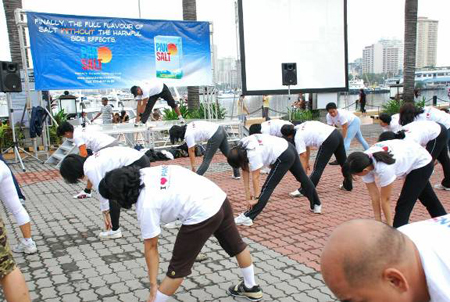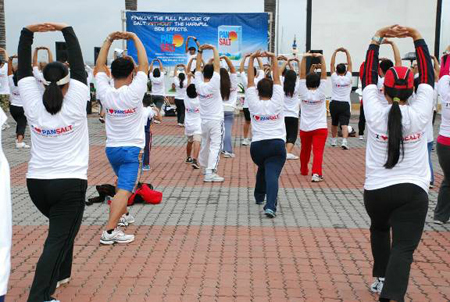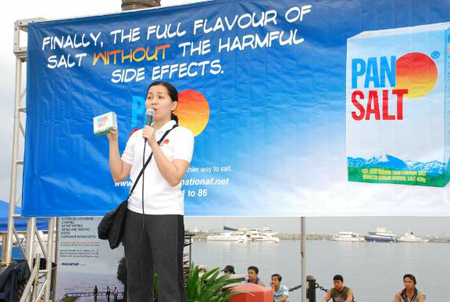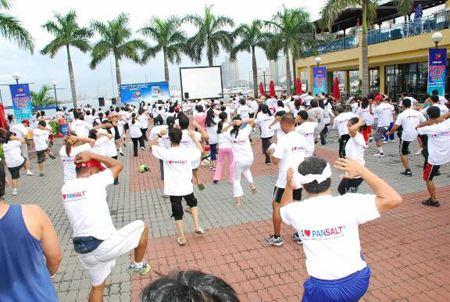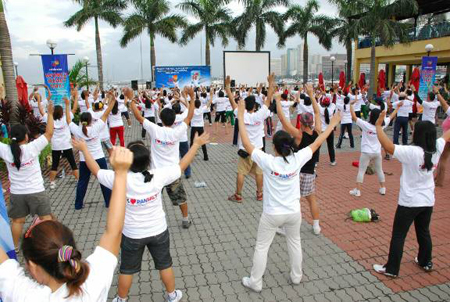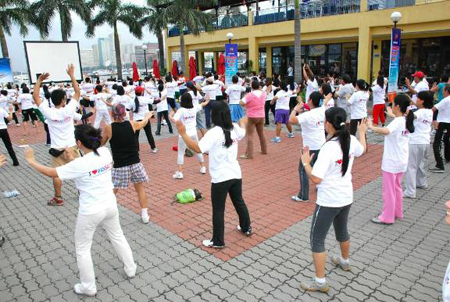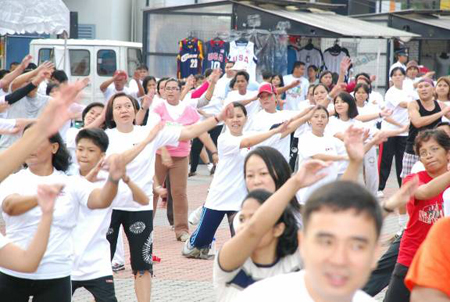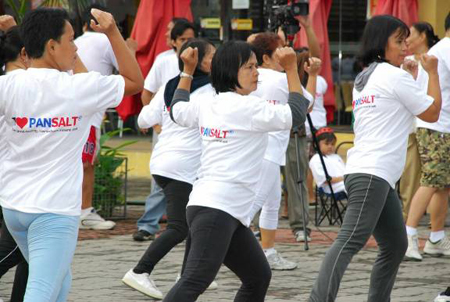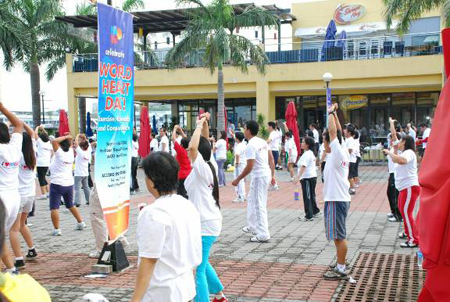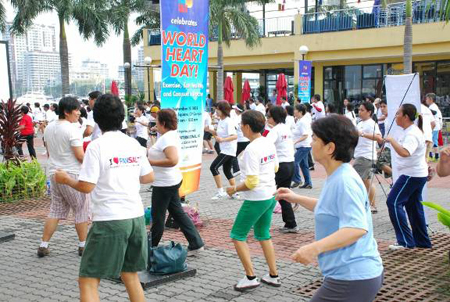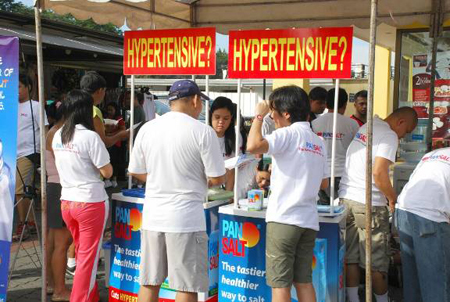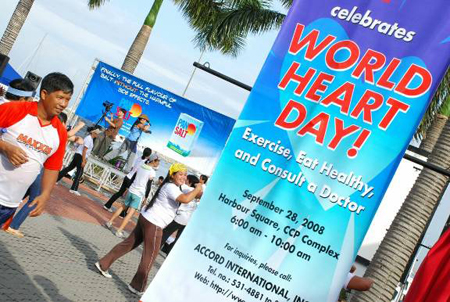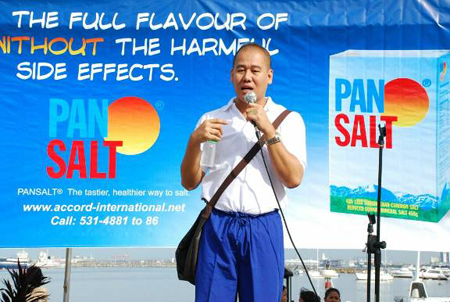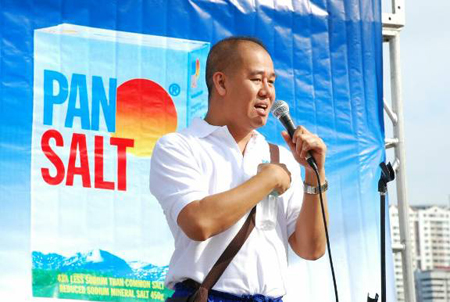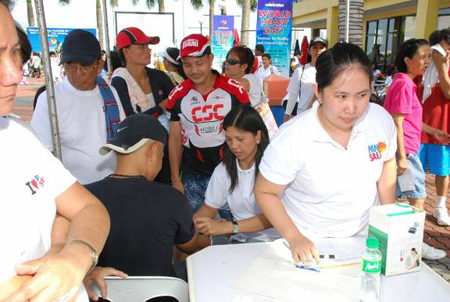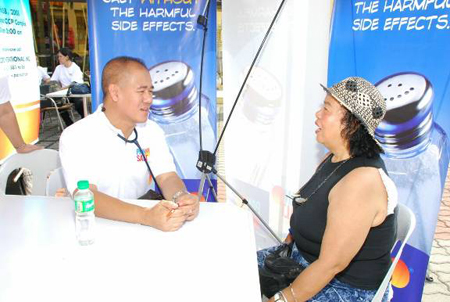PANSALT Celebrates World Heart Day
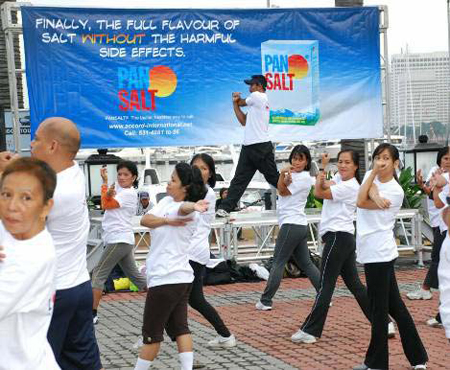
Hypertension is a silent killer. It heightens one’s risk for cardiovascular disease (CVD) and stroke that could ultimately lead to death.
“An estimated 17.5 million people died from CVDs in 2005, representing 30% of all global deaths,” says the World Health Organization (WHO). “Of these deaths,” WHO continues, “an estimated 7.6 million were due to coronary heart disease and 5.7 million were due to stroke.”
In the Philippines, an estimated 122,400 lives were claimed by CVDs in 2002. In a study published in The Philippine Journal of Neurology, Dr. Navarro observes that stroke affects 486 out of 100,000 Filipinos. That is roughly half a million of us.
Despite these figures, many Filipinos still do not understand the disease, and therefore, fail to respond to it appropriately.
In an effort to raise awareness on hypertension, PANSALT initiated a World Heart Day celebration in Harbor Square of the CCP complex last September 28. It gathered men and women for aerobic exercise and free consultations with “doctor ng bayan,” Dr. Rey Salinel.
“Heart disease and stroke remain top killers in the Philippines. This is attributable to an unhealthy lifestyle and probably a lack of awareness on their prevention,” comments Dr. Salinel.
However, hypertension can be controlled and prevented, and therefore its complications like heart disease and stroke can also be averted. The cures lie in regular exercise, proper rest, and healthy eating.
Dr. Salinel provided the following tips at the World Heart Day celebration:
- Make it a habit to check your blood pressure and pulse regularly. The top number of your blood pressure should be less than 140 while a normal pulse rate ranges between 66 and 82. If your figures are higher than these, consult your doctor.
- Watch your weight. If you are overweight, take steps to lose the extra pounds.
- Use your heart. Do aerobic exercises to lower blood pressure and prevent hypertension.
- Put out that cigarette. Cigarettes have no health benefits and only increase your risk of stroke.
- Get ample rest. Get a good night’s sleep and avoid stress.
- Eat healthy. Increase your intake of high-fiber foods such as fruits and vegetables. Stay away from high-sodium and fatty foods.
